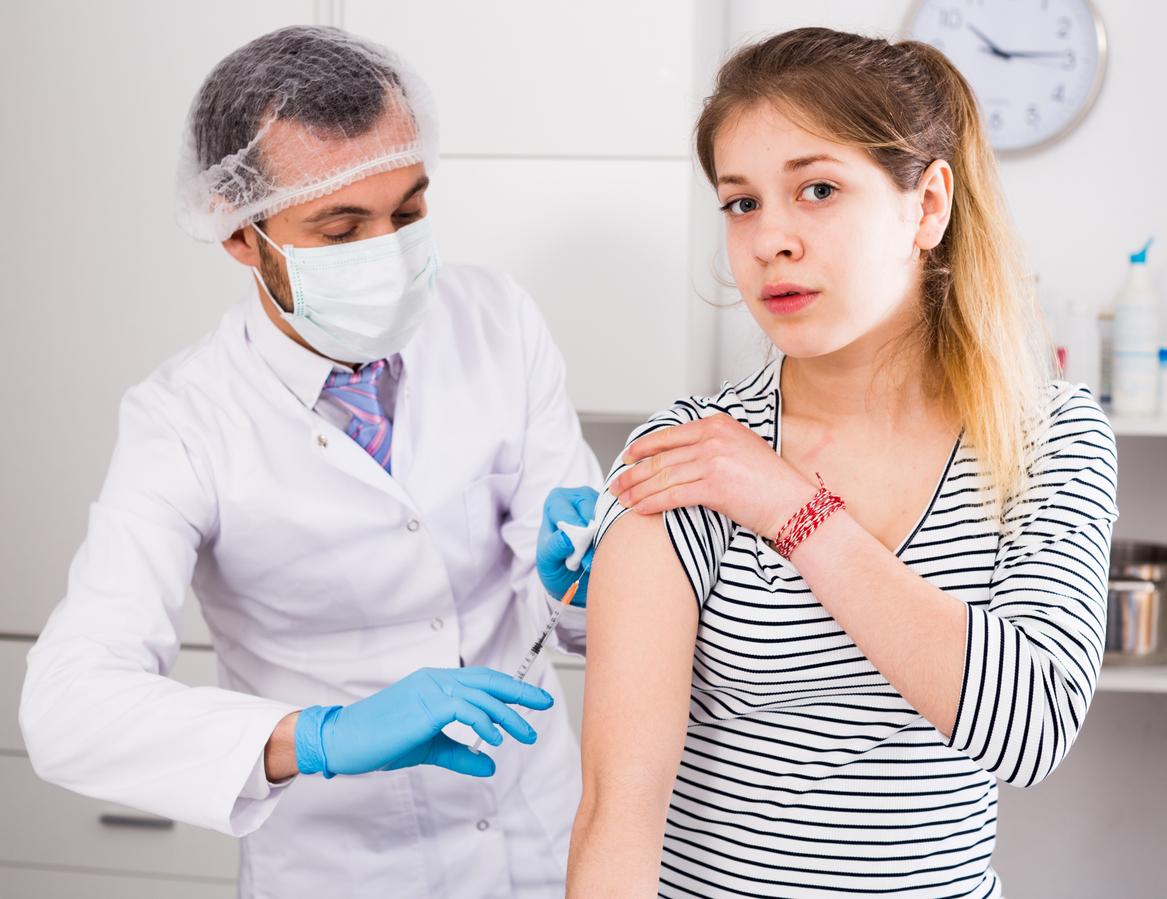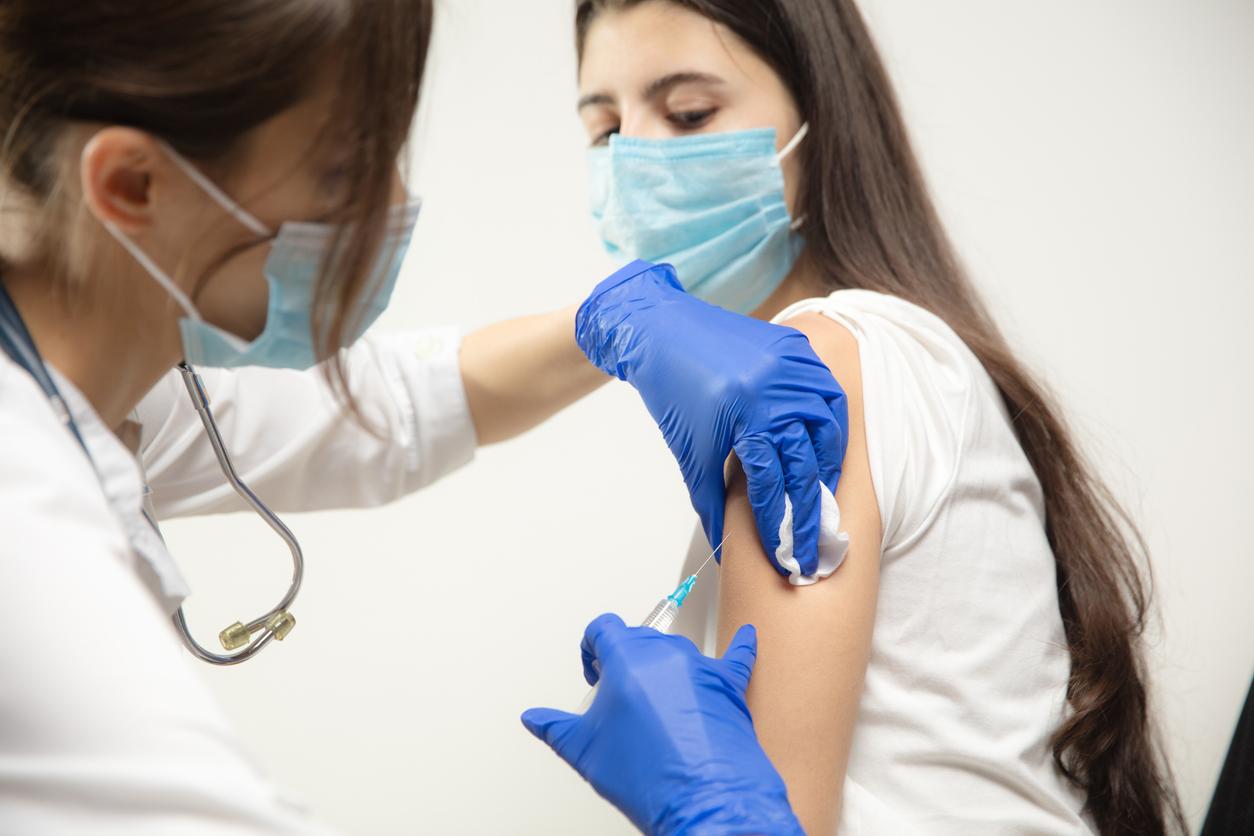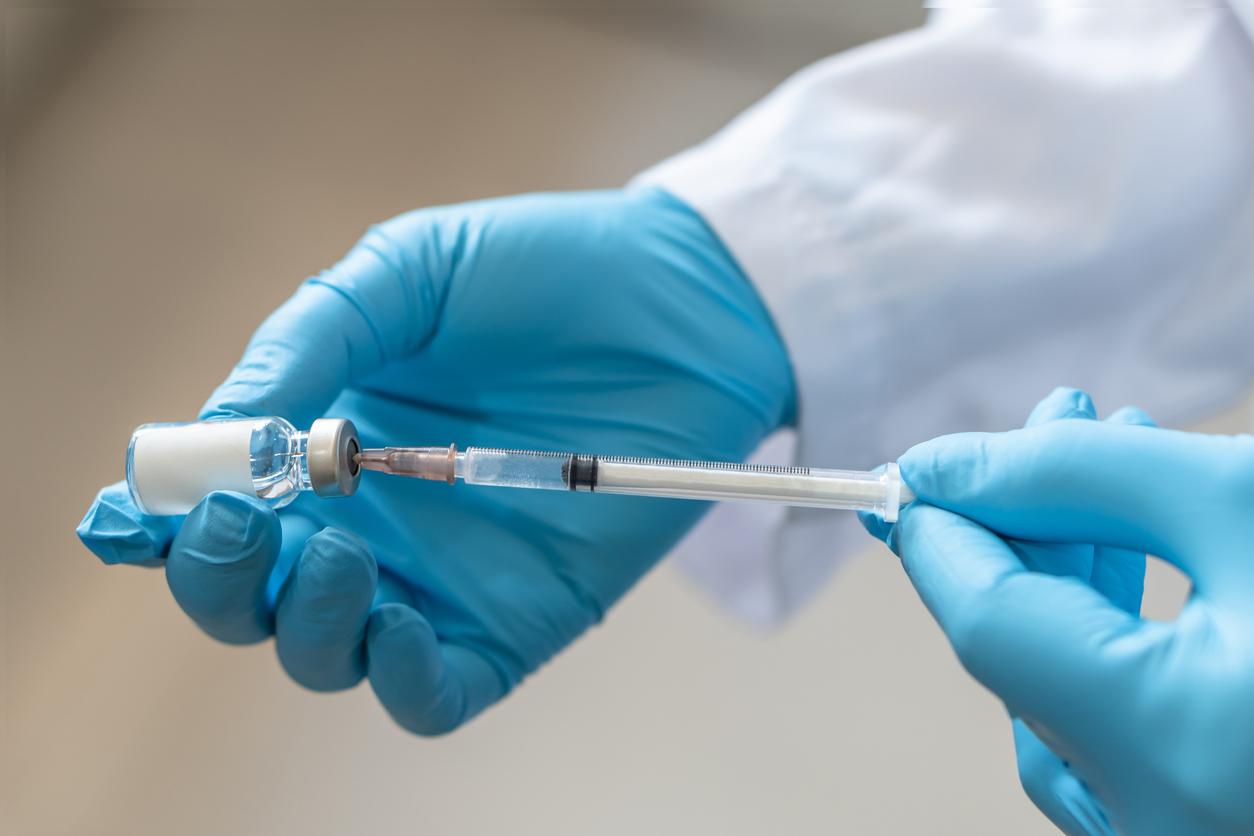In the United States, 47 of the 50 states accept exemptions from vaccination for religious beliefs and 18 for other personal beliefs. However, even a small reduction in the vaccination rate against measles in the United States could lead to a tripling of the number of cases, according to the results of a study by the medical journal The JAMA Network.
Researchers at Stanford Medical School in California in the United States carried out a meta-analysis to study the risk on vaccine coverage of exemptions. They found that a decrease of only 5% in the vaccination rate of children aged two to eleven against measles, the mumps and the rubella(MMR), would triple the annual number of measles cases for this generation, which accounts for 30% of measles cases observed each year in the United States.
These findings should alert politicians when voting on immunization exemptions for personal beliefs.
“I think our study is a wake-up call to what we may experience … with the decline in vaccination rates continuing in states where non-medical exemptions are permitted on the basis of personal beliefs,” adds Dr. Peter Hotez, dean of the National School of Tropical Medicine in Houston, Texas who led the study.
Too high a risk of an epidemic
Measles could possibly become the first infection to cause an epidemic with a decrease in vaccination due to its high virulence.
“Our measles control is precarious now because it depends on a very small drop in vaccination,” warns Dr Yvonne Maldonado, professor of pediatrics at Stanford University who was not involved in the study. .
A 2015 Pew Center survey found that the majority of Americans (83%) believed that vaccination was safe for healthy children while 9% said it was at risk.
Read also:
Vaccination: parents of poor students
50% of French people are opposed to the 11 compulsory vaccines for children
11 compulsory vaccines for children under 2 years old


















